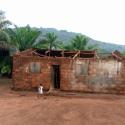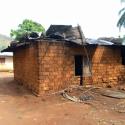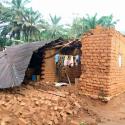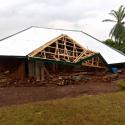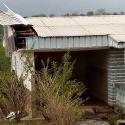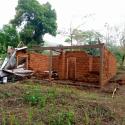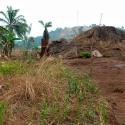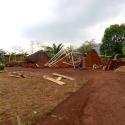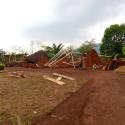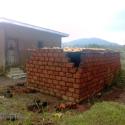North West South West
Damages and Shelter Needs in NW Region Boyo Division
In March, 117 people were impacted by damages to their homes caused by severe winds and rain in several villages in Bum Subdivision in Boyo Division. It is reported that 60 of the people were rendered homeless by the damages. According to the IOM Multisectoral Needs Assessment conducted in August 2021, Fonfuka, Subom, BuaBua, and Mulung villages were already hosting several hundred IDP and returnee families. This photo gallery highlights the damages and illustrates some of the shelter types found in NW region. Currently due to access and available resources, there has not been any Shelter or NFI assistance provided to the affected families.
The Shelter Cluster recommends to conduct an assessment prior to providing any assistance keeping in mind some parameters for actions in case of damaged homes:
- Presence of property owner at the location of damaged homes, any assistance with the aim of assisting in repairs should ensure that the affected person wants and intends to return. Do not provide assistance or repairs at abandoned properties.
- For those shelters sustaining light damage and partial roof damage, ensure immediate in-kind provision of tarpaulins as a first priority and assist in installation as per good practice guidelines. This is the first step in protecting the foundation of the existing structure and ensuring that if affected people are able to stay inside that they are protected from additional rain and the elements.
- For those partners able to provide NFI assistance especially if providing cash or voucher assistance, ensure that beneficiaries are able to access basic items in the markets. Prioritize blankets, clothes, mosquito nets for those that are without shelter and contextualize NFI assistance to those that may still have other items such as kitchen sets within their house. More vulnerable households may need immediate in-kind materials.
- Prioritize the crisis affected (IDPs, Returnees, Non-displaced who already were in damaged shelters) and those with existing vulnerabilities: disabled people, single headed households, large families, pregnant/lactating women, low income, elderly, illness, etc.)

